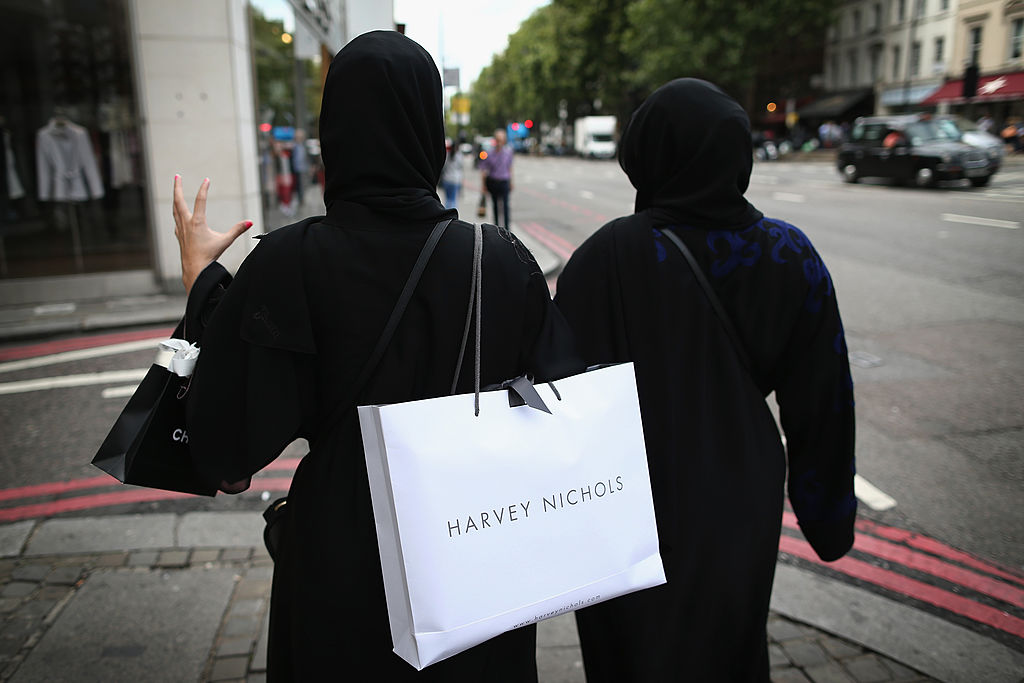It seems a long time ago that Jeremy Corbyn made an impassioned defence of immigration from both within and outside the EU, telling his party that:
‘Migrants that have come to this country make an enormous contribution to it. Our conference understands that and Tom Watson put that case very well about the work that migrants have done in the NHS and education and other industries … we should live with that but also understand the number of British people.’
That was last September, yet it seems to sit ill at ease with what he told Andrew Marr recently, that under his rule:
‘What there wouldn’t be is the wholesale importation of underpaid workers from central Europe in order to destroy conditions, particularly in the construction industry.’
Is there any contradiction in what the Labour leader said, and is he just pandering to public opinion? I don’t think so. You could argue that the British construction industry hugely benefits from foreign labour, and you could certainly point out that we’re not going to get access to the single market and control over our borders – but you can’t rule that his statement is not consistent with his socialists beliefs. Nor, in his defence, is the tone wrong.
It’s the sort of immigration control completely in line with left-wing thinking down the years, from Booker T Washington to Samuel Gompers to Cesar Chavez; sure, perhaps the issue is the lack of protections for workers in the UK, but if these were improved then companies wouldn’t hire cheap migrant labour, so the net effect would be the same anyway. And the key point was Corbyn’s language, and the use of the word ‘importation’, which suggested that migrants were not the ones with agency, rather the victims of a (capitalist) global system over which they had no control.
People of a progressive mindset are motivated by three key moral flavours, perhaps the most important of which is the Care/Harm foundation – the desire to protect the vulnerable from the powerful and predatory. That is a very powerful motivating urge for a lot of people, who see migrants as victims and in need of protection from the majority.
Take the Grenfell fire, an unspeakably horrific tragedy that befell mostly poor people, overwhelming migrants or descendents of recent immigrants, who lived in sub-standard conditions within the wealthiest borough in one of the wealthiest cities in the world. Where was the care there? Where was the protection from harm?
In the immediate aftermath, when it looked like the fire would trigger rioting across London and one Labour MP at least was peddling conspiracy theories, even moderates began to talk of ‘requisitioning’ empty houses in super-wealthy Kensington in order to provide accommodation for those made homeless in the north of the borough:
Loads of empty flats (land banks) in Kensington. @jeremycorbyn right that govt should requisition to rehouse Grenfell survivors
— Harriet Harman (@HarrietHarman) June 15, 2017
To many of us that was hugely alarming, for if history teaches us anything it’s that when governments start stealing people’s property they may eventually steal their lives (that she wrote this on the anniversary of Magna Carta was another irony). The polls, of course, suggested that this idea was popular among the public, but then it would be; in fact, I was surprised to find a relative of mine making approving noises after I went on one of my customary rants about Corbyn. When I suggested that the next government might one day want to ‘requisition’ their enviable London home too, she replied: ‘Oh, but it would only be foreigners at risk’.
I guess that’s what most people thought, too. I don’t have a huge amount of sympathy for the mega-rich Russians and Arabs of Kensington – I grew up thereabouts and the area certainly doesn’t have more soul now – but when politicians talk of taking people’s property it’s time to worry.
But then of course it’s okay to dislike the foreign super-rich; the papers are always running articles about how London’s housing crisis is aggravated by overseas investors buying up properties and leaving them empty, when in reality the number of empty homes in London is very small, proportionally the tiniest of any city in Europe.
In fact, foreign property-owners have a far smaller impact on the availability of housing than the millions of immigrants who have arrived since Tony Blair came to power, but people angry about the housing market seem to find it difficult to accept that price is affected by demand as well as supply.
That’s why most commentary about today’s non-bombshell news that a shortage of houses is keeping prices high will entirely omit a huge factor pushing demand. Certainly the super-rich have had less impact on most people’s lives than the hundreds of thousands of poor migrants in social housing previous occupied by Brits (300,000 more in just 10 years under Labour). But of course the ordinary poor immigrants, unlike rich absentee landlords, trigger the Care/Harm foundation, and are by definition vulnerable. Having grown up and gone to school in central London, I have a somewhat different view of that, but I can understand why progressives might think that way. Whether Corbyn is right about the building industry and free movement, he has certainly not violated the principle of wanting to care for the vulnerable and protect them.







Comments